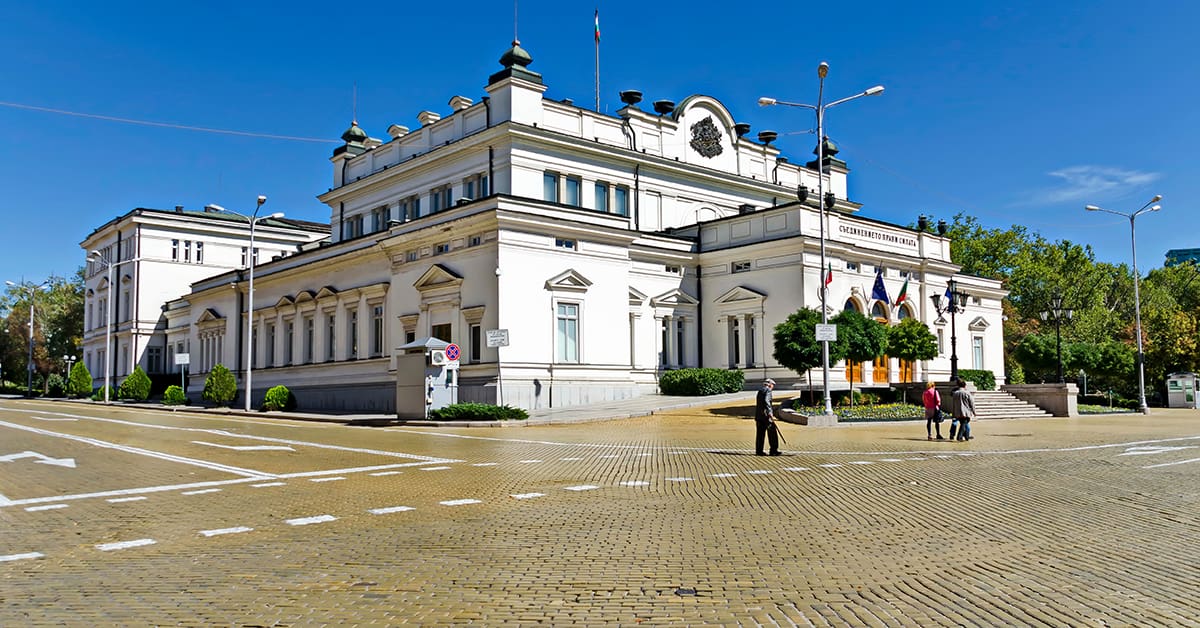Yet, achieving quick results in battling graft and bringing prosperity to the European bloc’s poorest nation is unlikely.

The Bulgarian electorate granted President Rumen Radev a second five-year term by a 2-to-1 victory over his rival during the first round of elections in mid-November.
Throughout his independent campaign, Radev aligned himself with the reform platform of the recently formed centrist party, We Continue the Change, or PP (for prodalzhavame promyanata). The party also won a landslide victory in the nation’s third general election in less than a year.
At press time, Bulgaria’s various parties are working to form a coalition government whose presumptive prime minister would be PP’s Kiril Petkov. If selected, Petkov would need to deliver on his promise of eradicating corruption in what Transparency International ranked as the EU’s most corrupt nation.
A successful businessman with a Harvard business degree, the charismatic 41-year-old succeeded by saying the right things and the right time. Appointed Minister of Economy by the caretaker government that has led the country since former Prime Minister Boyko Borisov was forced from power in April, he quickly gained popularity by denouncing the political system’s favoritism and conflicts of interest.
“Voters were looking for someone who could oust the old political guard and uproot its clientelistic networks. As a fresh face not burdened by accusations of corruption or poor performance, Petkov’s appeal is a mix of newness and competence,” says Emilia Zankina, a professor of political science and dean of Temple University in Rome. “That has worked very well for him because the electorate was disillusioned not only with the conservative GERB [Coat of Arms], which ruled the country almost uninterruptedly since 2009, but also with a new populist movement called ‘There Is Such a People,’ which in the prior two elections failed to reach consensus with other protest parties,” she adds.
Yet, achieving quick results in battling graft and bringing prosperity to the European bloc’s poorest nation is unlikely. Despite Petkov’s ambitious agenda, the conservatives maintain widespread control over the country’s centers of power. Furthermore, with only about a quarter of the Bulgarian population fully vaccinated against Covid-19, economic growth is stalling while inflation rises.



